11 Aug 2025
11 MIN READ
What is Soft Power: How Nations Use Culture to Lead
Summary
There is a saying that “one catches more flies with honey than vinegar.” This can be applied to the concept of soft power. Many understand International Relations to be about concepts such as trade and military agreements. However, there are other nonviolent methods that powerful and assertive nations, such as China and the US, use that are more effective in promoting their cultural, economic, and political values rather than simply forcing other countries to achieve the outcomes one prefers.
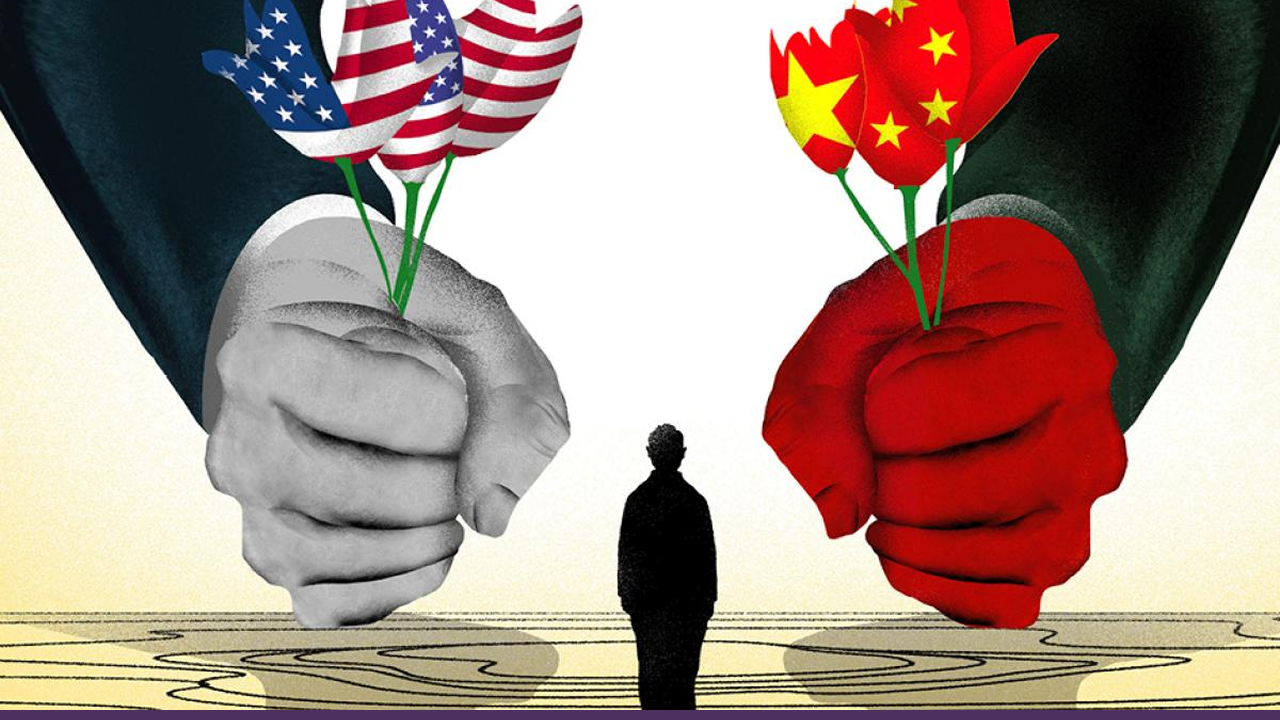
The United States maintains its position at the top of the Global Soft Power Index, scoring 79.5 out of 100. Credits: Brian Stauffer
What is Soft Power in Politics?
Soft power refers to a country's ability to use its cultural and economic influence to persuade other countries to do something rather than the use of military power, coercion, or payment. It involves shaping preferences through promoting democratic values, investing in international development, supporting human rights, and engaging in cultural diplomacy.
In politics, soft power is crucial for forming alliances, exerting global influence, and achieving long-term diplomatic success. Public opinion and international cooperation matter more than ever in ways that hard power cannot.
Joseph Nye, the father of the concept of soft power
Joseph Nye, a prominent American political scientist, coined the term “soft power” in the late 1980s. He used this term to explain how nations can achieve strategic outcomes by making themselves appealing to others without resorting to coercive pressure.
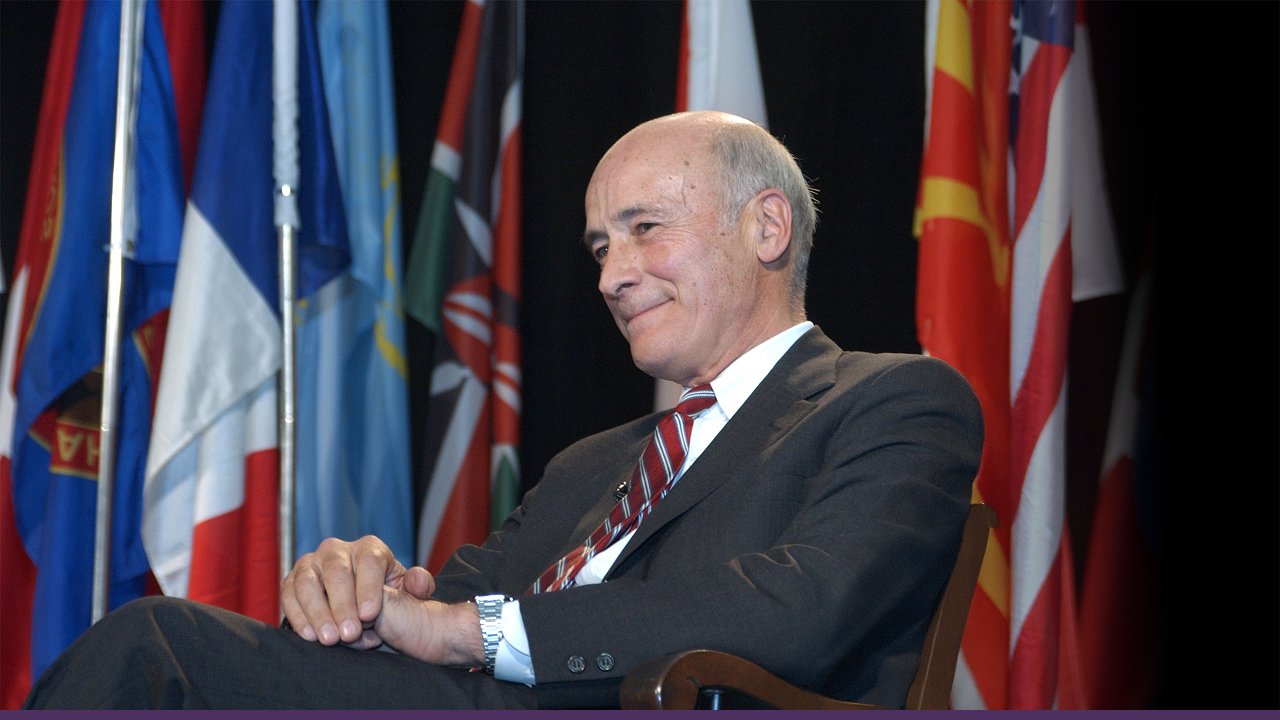
Nye’s approach helped to highlight the power of a country’s culture or civic society. Credits: Martha Stewart and Bill Troslow
Nye’s work contrasted this with “hard power,” which relies on military and economic force. Soft power entails countries projecting their values, ideals, and culture across borders to foster goodwill and strengthen partnerships.
Examples of Soft Power in Global Affairs
Hard Power vs. Soft Power: Comparing Influence
Hard power refers to a nation's ability to influence others through the use of force or coercion. It often uses military strength or economic sanctions to reach its goals. Hard power may be needed during immediate crises or conflicts. Some examples of hard power can include:
-
Military intervention: US-led invasions of Iraq and Afghanistan, or Russia’s annexation of Crimea. China exerts its hard power in the situation in the South China Sea.
-
Economic sanctions: The US and EU imposed heavy sanctions on Iran for its nuclear program, causing economic difficulty for the country.
-
Trade tariffs: China and the US were involved in a trade war where both imposed heavy tariffs on imported goods, affecting the bilateral trade
-
Coercive diplomacy: The US’s threat of “fire and fury” against North Korea if the latter did not stop its nuclear missile testing. Finland and Sweden had no strong desire to join NATO before the war in Ukraine. Support for NATO membership was always less than half; however, after the war, the support spiked.
Soft power, on the other hand, relies on attraction, like cultural appeal, diplomacy, and shared values, to bolster a country’s international reputation. The process of building soft power takes years or sometimes even decades to establish and builds long-term alliances and legitimacy. Nations often mix both types of power based on the situation.
How Countries Use Soft Power
Soft power usually originates outside the government in places like schools, religious institutions, music, sports, entertainment, and media. Each country has adopted different ways to influence other countries.
USA
The US utilizes a significant amount of its soft power through culture, particularly its pop culture, including movies, music, and television. US pop culture is widely consumed and admired globally, even by those who initially oppose it.
Someone in Iran or China might say, “I hate the US government, but I love that TV show Friends.” This contributes to a positive image of the US, which in turn leads to greater acceptance of American values and perspectives.
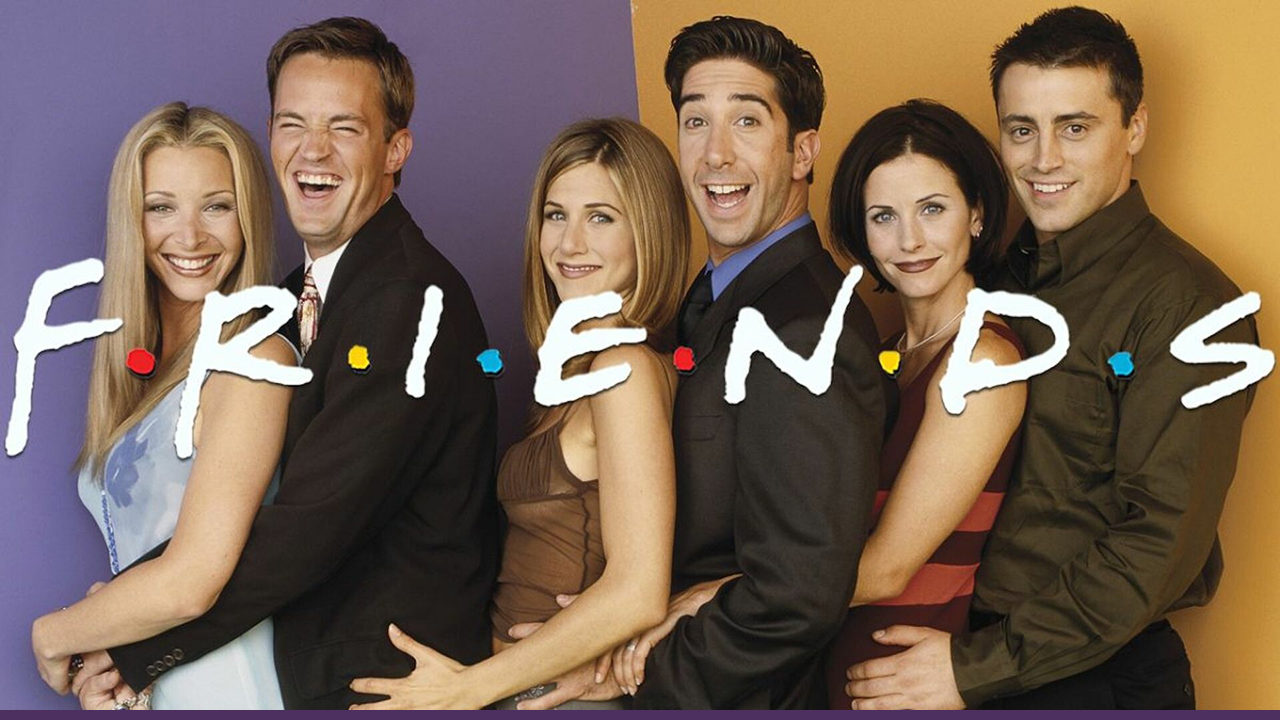
The cast of the American TV series Friends. From 1994 to 2004, the world fell in love with the lives of six New York City friends. Credits: Wallpaper Cat
Educational institutions in the country also promote democratic values, freedom of inquiry, and individual liberty. It is home to many of the world’s top universities, such as MIT and Harvard. Over 900,000 international students studied in the US in 2023. The US also funded many of these institutions abroad.
A newer dimension of U.S. soft power lies in the dominance of its tech giants, including Apple, Google, Microsoft, Meta, Tesla, and Amazon. Despite increasing criticism of high-profile CEOs like Elon Musk, Mark Zuckerberg, and Jeff Bezos, these companies continue to influence digital life and consumer behavior worldwide. This reinforces America’s cultural and technological impact.
Similarly, U.S. media outlets like CNN and The New York Times are still trusted and widely read sources of news internationally. They further spread American values and stories around the world.
Russia
Russia uses its cultural diplomacy as a key avenue for global influence. Media outlets like Russia Today and Sputnik broadcast Russia’s point of view globally to shape public opinion and challenge Western narratives.
It promotes the Russian language as a way of maintaining soft power in its near abroad. Although the Soviet Union has dissolved, a significant number of citizens still retain knowledge of the Russian language. The "Russkiy Mir" (Russian World) concept is another important initiative aimed at uniting ethnic Russians and Russian speakers worldwide.
Some of its films, like Cheburashka, Test, Brother, and Night Watch, have played a role in contributing to the country's soft power by showcasing its culture, history, and values to international audiences. Russia also uses Orthodox Christianity to present itself as a guardian of traditional values, which resonates with conservative audiences in Eastern Europe and even parts of the West.
International events such as the Sochi 2014 Winter Olympics and the 2018 FIFA World Cup were used as an attempt to showcase Russia’s modernity and organizational capabilities, enhancing its global image.
South Korea
Known popularly across the globe Hallyu (the Korean Wave), this cultural diplomacy encompasses K-pop bands like BTS, EXO, NewJeans and Blackpink, blockbuster films like Parasite (the first Korean film to win the Oscar for Best Picture), and hit TV shows like Squid Game and Crash Landing on You, contribute significantly to Korea’s international appeal and boosting economic returns from entertainment, tourism, and lifestyle industries. This has also sparked a growing global interest in learning the Korean language.

New York has had its appearances of K-Pop girl groups like Girls’ Generation, NewJeans, Hyuna from 4Minute, and CL from 2NE1. Credits: Amy Harris/Invision/AP
South Korean cuisine also enhanced the nation’s global influence with dishes like kimchi, bibimbap, bulgogi, and Korean BBQ. The cuisine emphasizes health, fermentation, and unique flavors. Additionally, culinary tourism has surged, with travelers seeking street food experiences, cooking classes, and traditional markets in Korea.
France
Although the height of French soft power was in the 20th century, many people romanticize France for its significant contributions to art and culture. France leads the world in global tourism.
An example of French soft power is “Emily in Paris,” which has been met with mixed reactions from many French citizens, who were either annoyed or angered by the show. It brought in a lot of attention. It even got the attention of French president Emmanuel Macron, who famously said, “Emily should stay in Paris while his wife, Bridget Macron, even appears in an episode.
France also uses sports to boost its image. The success of the 2024 Paris Olympic Games also garnered France considerable positive attention. They also garner a lot of attention with the annual Tour De France cycling race.
China
The most recognizable and undeniable part of Chinese soft power is its Panda diplomacy. China began this style of diplomacy fifty years ago. China also has a rich history and cultural traditions spanning thousands of years. It opens Confucius Institutes all over the world to promote its language and culture.
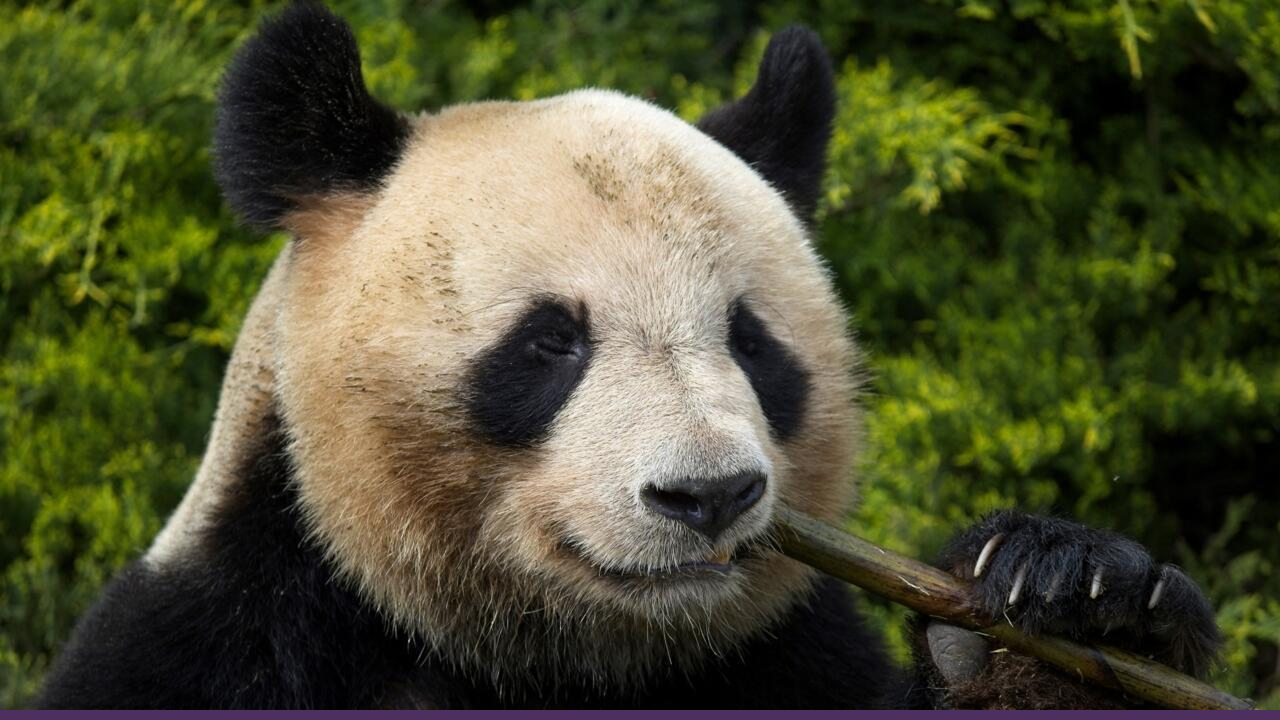
China's practice of gifting or loaning giant pandas to other countries as a form of soft diplomacy and a way to enhance its international image. Credits: Guillaume Souvant/AFP
One of the recent applications of Chinese soft power was its role in the COVID-19 pandemic, particularly in the Global South. The use of Chinese medical aid during the COVID-19 pandemic has been dubbed "mask diplomacy". China donated or sold millions of doses of Sinopharm and Sinovac vaccines. This was true for many countries in Africa, Asia, and Latin America.
Examples of Soft Power in Global Affairs
Countries build soft power through multiple areas. Global sports events, such as the Olympics and the World Cup, are used to improve their image. This strategy has turned into "sportswashing," as seen with Qatar's 2022 World Cup. Humanitarian and health efforts, such as vaccine donations or sales by China, Russia, and Team Europe during COVID-19, also boost influence.
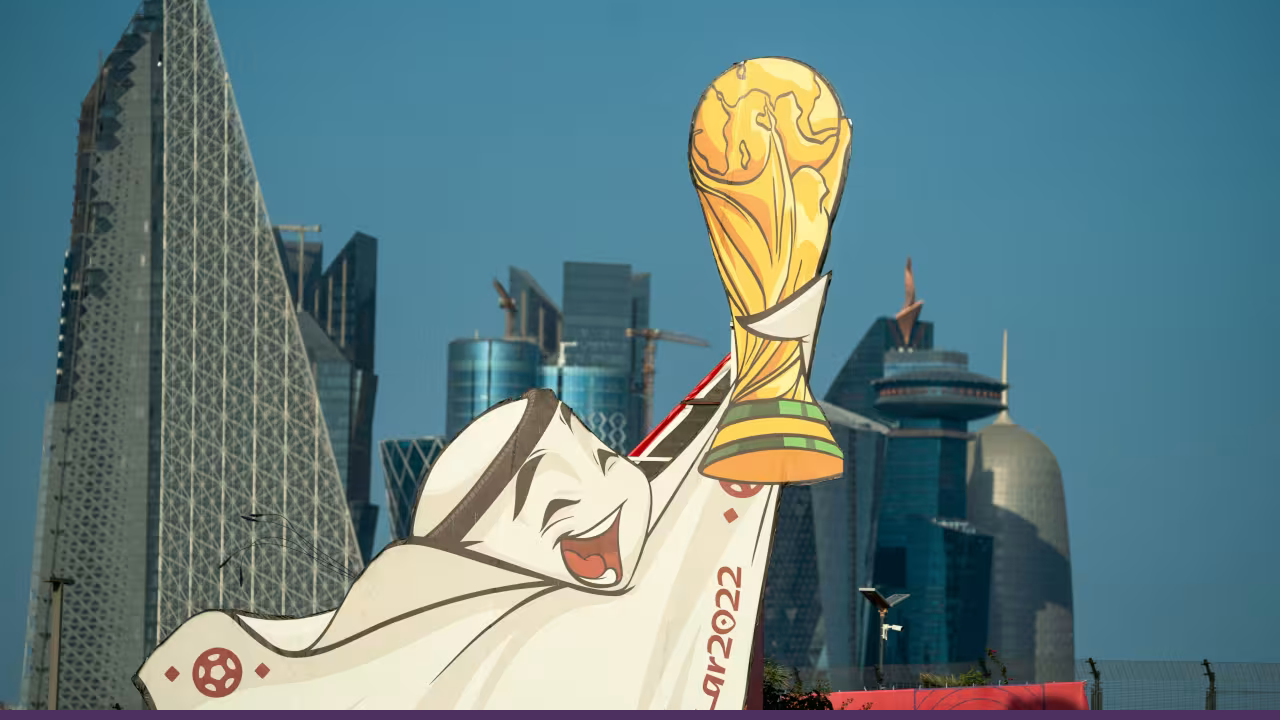
source- Qatar 2022 mascot La’eeb holding the prestigious trophy at the Qatar 2022 FIFA World Cup. Credits: Getty Images
Influence through global governance
Joining global governance institutions enables countries to shape international norms and enhance their diplomatic influence, also known as soft power. Nations that actively participate in organizations like the UN, WHO, WTO, G20, or OECD are seen as responsible and cooperative. This approach allows even smaller states to gain diplomatic strength without depending on military power.
By spearheading initiatives on climate action, global health policy, human rights, or developmental aid, countries can build influence without coercion. For example, France has increased its diplomatic weight by championing climate diplomacy through the Paris Agreement, while Germany’s leadership in humanitarian assistance and peacekeeping operations has boosted its international credibility.
These global institutions are not just vehicles for major power; they also allow smaller and less powerful countries to raise their voices by forming coalitions and showcasing niche expertise. Countries like Japan (developmental assistance and disaster resilience), Canada (peacekeeping and human rights), the Netherlands (international law at The Hague), and the Nordic countries (gender equality and sustainable development) consistently rank high in global soft-power indexes due to their multilateral engagement.
Can Soft Power Replace Hard Power?
Soft power can't fully replace hard power, but it can enhance it. The most successful countries blend both. They attract allies and use force only as a last resort. Soft power can excel in global popularity and foster goodwill. However, it has limits; soft power cannot stop invasions, defend borders, or deter immediate threats.
Conclusion
Soft power has become an essential pillar of international influence. While military strength and economic leverage remain critical, a nation’s culture, values, and ability to inspire often determine its long-term global standing.
In today's increasingly globalized world, public opinion and cross-border relationships are more crucial than ever. Soft power wins hearts, while hard power imposes will. Ultimately, the most effective global leaders are those who skillfully combine attraction with strength.
People Also Ask
What is the soft power of culture?
The soft power of culture refers to a nation’s ability to influence other countries through its art, music, language, films, fashion, food, and lifestyle.
Why is soft power necessary in international relations?
Soft power helps build long-term alliances, shape global opinion, and foster cooperation without the need for military intervention. It enhances a country's international image and diplomatic effectiveness.
Which countries have the most soft power today?
According to global soft power indexes, countries like the United States, the United Kingdom, France, Germany, Japan, South Korea, and the Nordic nations consistently rank high due to their cultural influence and global engagement.
What are the five pillars of soft power?
The pillars are defined as “components”. The five components are culture, political values, foreign policy, education, and public diplomacy.
What is a soft skill in leadership?
A soft skill in leadership refers to interpersonal abilities like communication, empathy, adaptability, and emotional intelligence. These skills help leaders build strong relationships, motivate teams, and resolve conflicts effectively.
